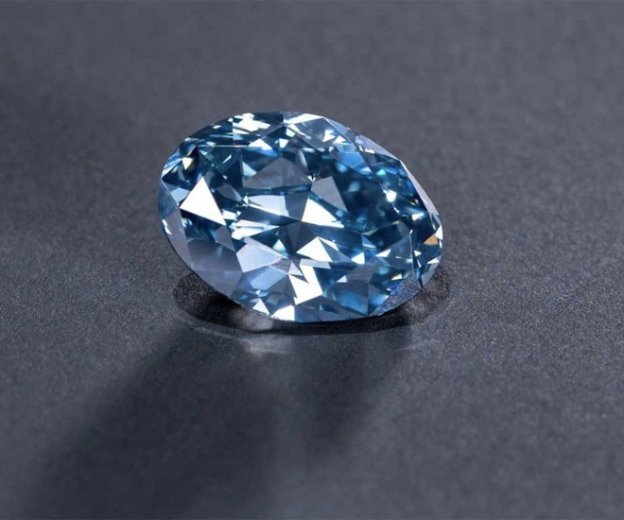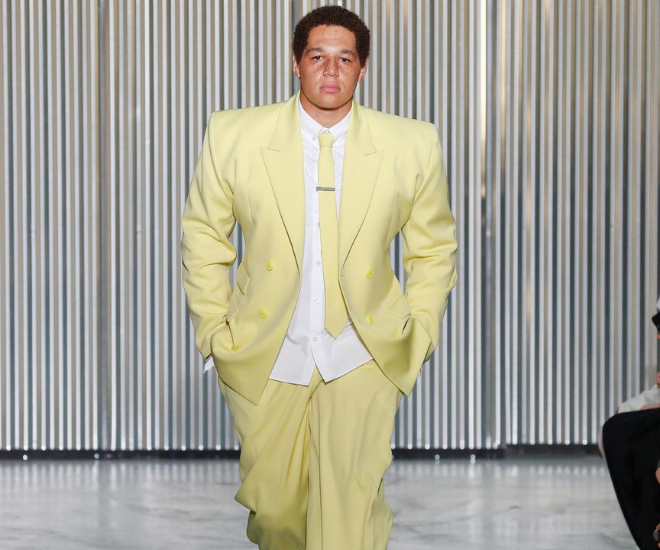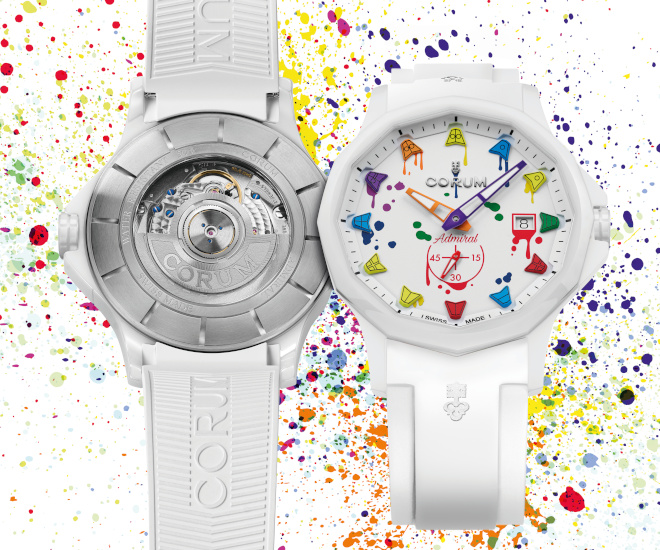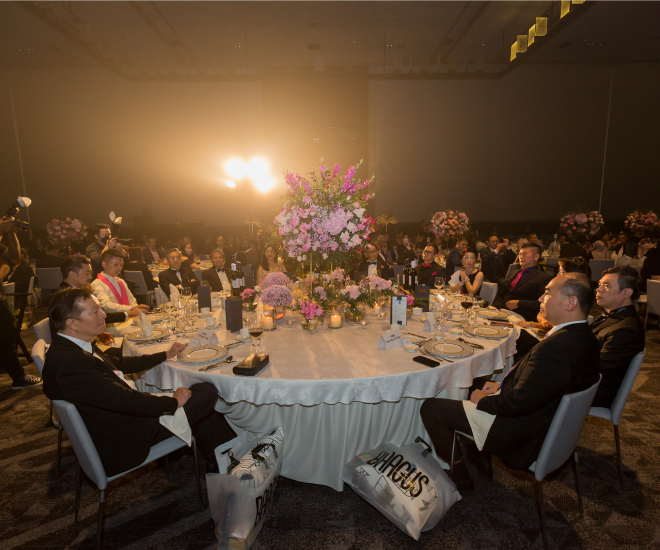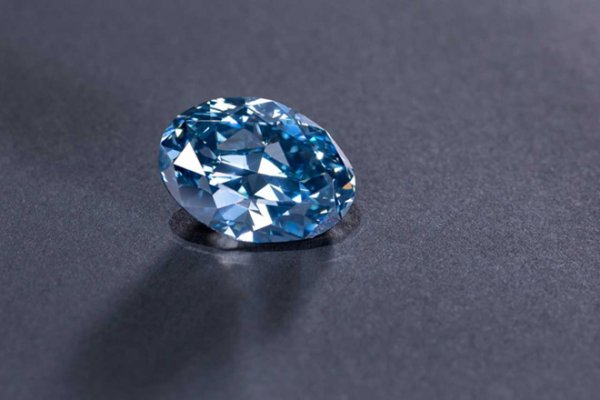
Formed between 500 million and 3 billion years ago, this unique gemstone was discovered as a 41.11 carat uncut, rough stone in the Orapa mine and it is one of the rarest natural diamonds in the world. While the Okavango Blue is not the world’s largest blue diamond, it’s definitely its clearest, giving the larger Hope diamond a run for its crown with its amazing clarity. The newly mined Okavango Blue was then precisely cut, polished, retaining 20.46 carats in its final form.
Named in honour of the Okavango Delta in Botswana, the country’s wildlife-rich world heritage site, South Africa, is one of the world’s largest producers of diamonds. These precious stones are its main source of income, accounting for about 80 percent of its exports and providing approximately half of government revenue and contribute to the economic growth and well-being of the entire country through employment creation, the funding of schools and hospitals and other critical infrastructure.
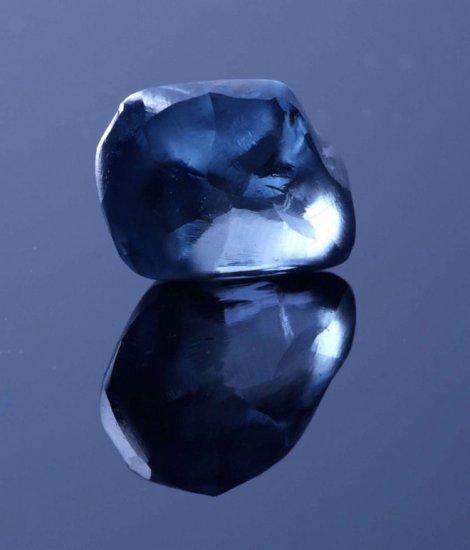
Apart from its rarity, the oval-shaped blue diamond has a rating of “VVS2” clarity rating from the Gemological Institute of America. This means that its imperfections can only be seen by a skilled grader using 10x magnification due to its minute imperfections. According to specialists, the clarity of a diamond pertains to the visual characteristics of the stone. Called inclusions, these “defects” are the result of solids, liquids, gases or other impurities that were trapped in the mineral as the diamond was forming. The Okavango Blue is among the world’s clearest diamonds, adding immense value as a result.
Blue diamonds are sought after by collectors for its rarity and unique colour. In 2016, a massive intense blue diamond, known as The Cullinan Dream, sold for $25.4 million at a Christie’s auction in New York, breaking all records and becoming the most expensive gem of its kind ever sold at auction. In 2018, a 6.16-carat blue diamond, secretly passed down through European royalty over three centuries, fetched $6.7 million at a Sotheby’s auction in Geneva — $1.4 million more than what experts expected it to be sold for.
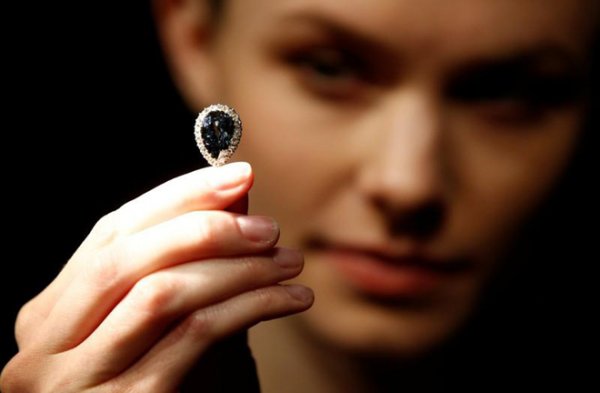
The Farnese Blue fetched $6.7 million at a Sotheby’s auction in Geneva
Arguably, the most famous is the fore-mentioned Hope Diamond, also known as Le Bijou du Roi (“the King’s Jewel”), Le bleu de France (“France’s Blue”), and the Tavernier Blue. The massive, 45.52-carat, deep-blue diamond is now kept at the U.S. National Museum of Natural History in Washington, D.C.Ho
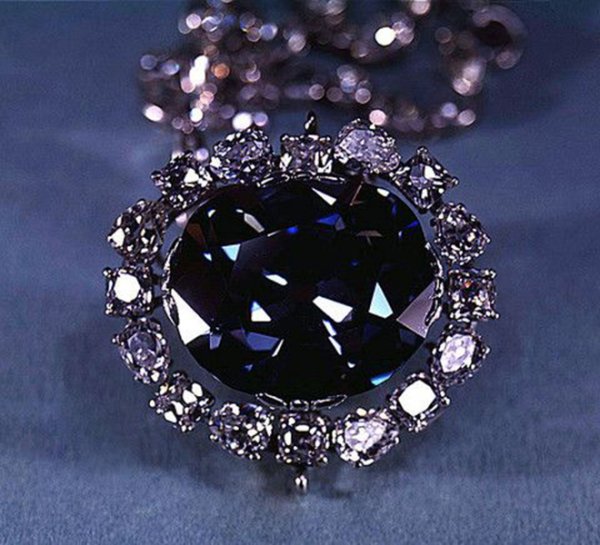
The Hope Diamond is now kept at the U.S. National Museum of Natural History in Washington, D.C.
The Okavango Blue is expected to fetch a higher premium due to its rarity. The company says the diamond is expected to be sold near the end of the year and could rival the Hope Diamond, which is insured for $250 million.
Okavango Diamond Co. will be planning a global marketing campaign among high net-worth buyers and collectors in London, New York, Geneva and Hong Kong this year, the Managing Director of Okavango Diamond Co. said. The company could also team up with an international auction house if market forces dictated that was the best way to sell the diamond.
By Angelyn Tan
